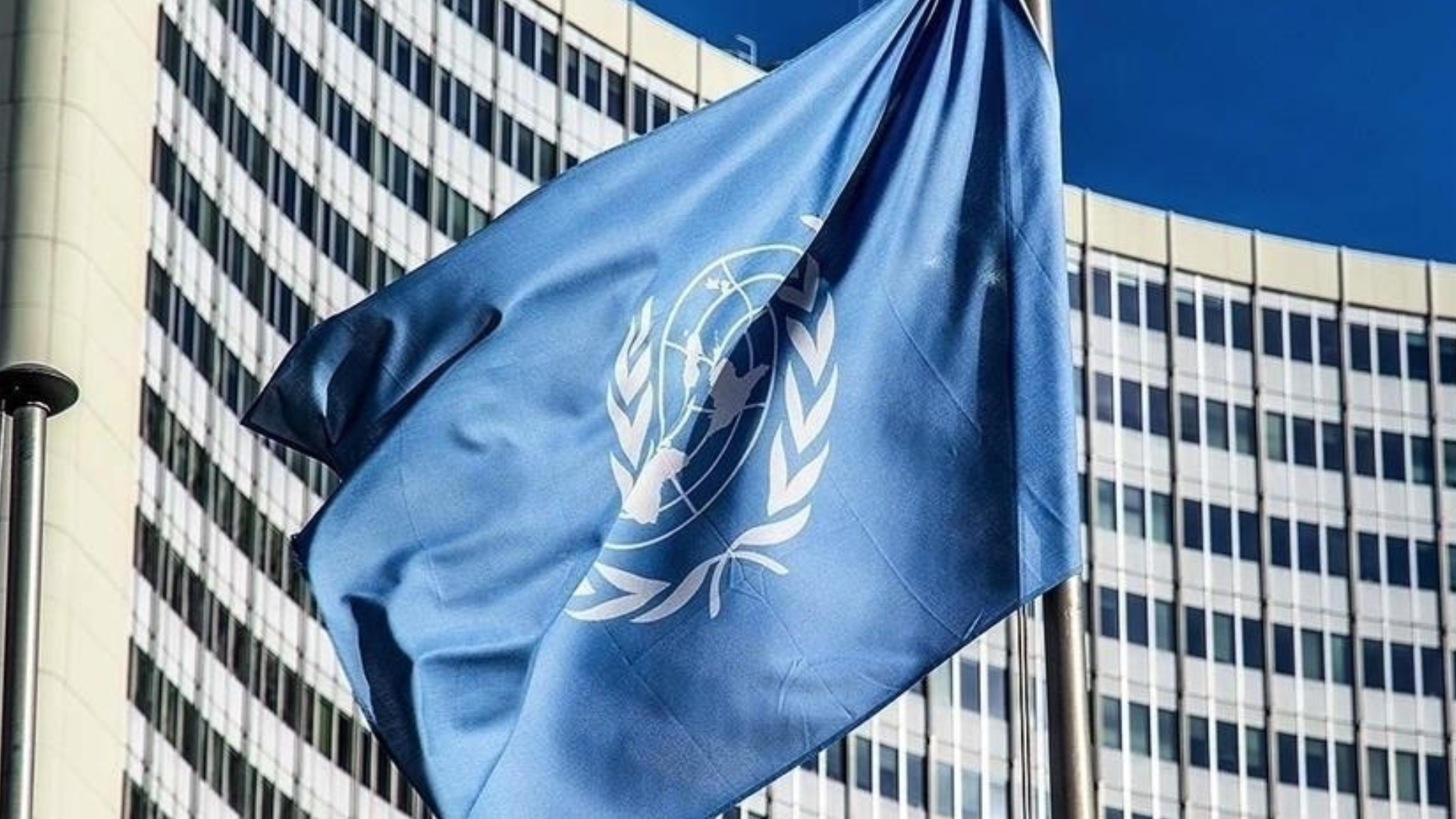by Hafizullah Saeedi
Three years into the Taliban’s illegitimate rule and brutal apartheid regime, the United Nations and Special Envoys of the Member States for Afghanistan are set to meet with Taliban representatives at the 3rd Meeting of the Doha Process on Afghanistan, from 30 June to 1 July 2024, without the participation of women and human rights defenders from Afghanistan. In the absence of discussions on women and human rights issues, the meeting instead focuses on private business, banking, and counter-narcotics policy.
This is unacceptable.
Such an exclusion is based on the Taliban’s request. This is a major setback against the UN’s own Charter, its position on Afghanistan, and universal human rights standards.
The Doha talks on Afghanistan are critical for the future of Afghanistan.
Initiated by the UN Secretary-General in May 2023, the Doha Process is aimed at increasing interactions with Afghanistan. Since its beginning, however, the process has involved almost all global stakeholders of Afghanistan around Doha, except the very people of Afghanistan–especially women and girls, the political critiques, and entities who are against the Taliban’s policies. The latter includes considerations on peaceful protests and resistance movements.
Why the exclusion?
Any discussion about the future of Afghanistan should be conducted through open, elective, and transparent processes.
Discussions without the genuine participation of the people–especially the women–of Afghanistan is unacceptable, problematic, and contradicts democratic norms. Such an approach may only perpetuate a vicious cycle of conflicts. It also builds over a colonial practice on imposing rules and regimes.
Over the past two and a half years, the Taliban have shown neither willingness nor the capacity to establish an inclusive legitimate government that genuinely protects and promotes the rule of law and human rights.
Any interaction with de facto authorities in Afghanistan must be conditional and principled–ensuring centrality and improvement of human rights issues in Afghanistan.
Engagement with the Taliban in Doha round 3 and elsewhere, without any consideration of human rights, is shameful and can be best described as appeasing the terrorists.
Under the Taliban’s tyranny, human rights abuses are widespread, systematic, and institutionalised. Women and girls are deprived of their right to education, employment, and access to healthcare services, among many other fundamental freedoms. This phenomenon needs to be recognised for what it is: gender apartheid.
Meanwhile, ethnic and religious communities–such as Shia Hazaras–continue to face systematic harassment. Without intervention, this may lead to genocide.
Deprioritising discussions on Afghanistan’s deteriorating human rights situation at the Doha meeting 3 is thus not only unacceptable but also dangerous.
All these contribute to normalising the Taliban’s violence, providing them with further impunity. These exclusions also stand against universal human rights principles, particularly the Convention on Elimination of All Forms of Discrimination against Women (CEDAW), UN Security Council (UNSC) Resolution 1325 on Women Peace and Security and the UNSC Security Council Resolution 2681 on the Taliban’s ban on women and girls in Afghanistan.
In fact, removing women, civil society representatives, and human rights issues at the meeting is a betrayal of the struggles of the people of Afghanistan–especially the peaceful protestors and civil society activists who are fearlessly calling for accountability and protection of human rights despite the Taliban’s brutality against them.
The UN and the global community must listen to the people of Afghanistan, not the Taliban. It is the very responsibility of the UN to ensure the meaningful participation of women, civil society, and human rights defenders–in Afghanistan and those in exile–in any discussion about the future of their very own country.




